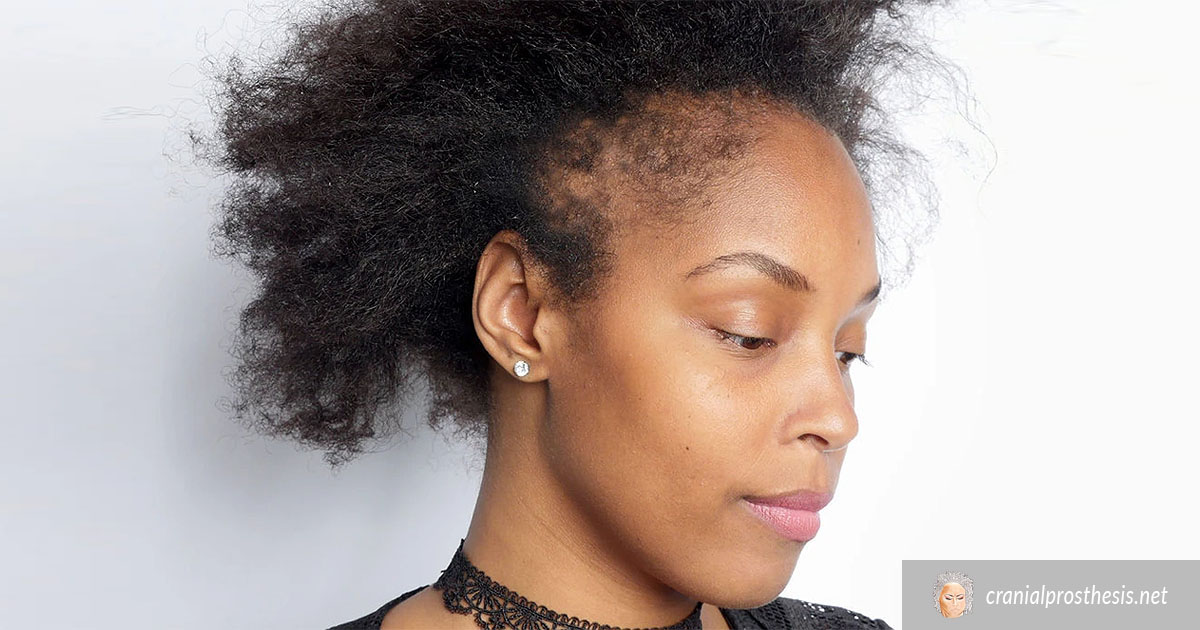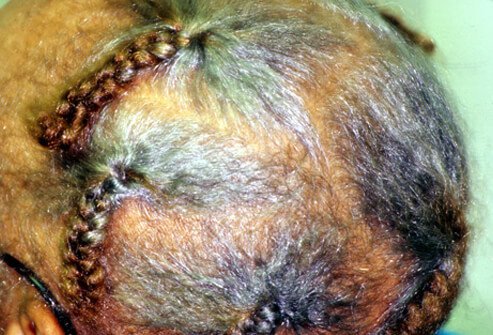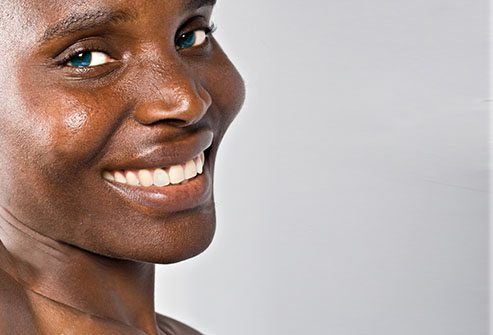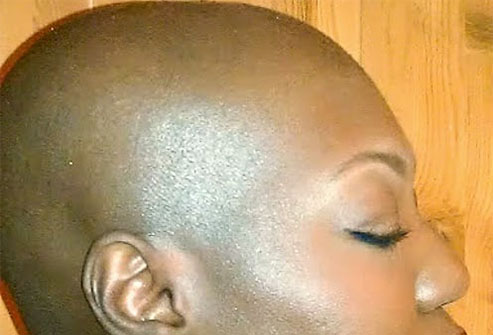
We have ladies from all walks of life that look to us for direction in many different areas. Some of our most beloved clients suffer from alopecia. Alopecia areata is characterized by patches of hair loss that typically appear on the scalp. While not physically harmful, alopecia can have a significant psychological impact.
Alopecia areata can affect males and females of all ages, with patches of varying sizes. Each case of alopecia areata is different. Sometimes, hair grows back but falls out again later. In others, hair grows back for good.
About Alopecia Areata
If you have alopecia areata, it might be because your immune system is mistakenly attacking your hair follicles. This results in hair loss. In rare cases, alopecia areata can lead to hair loss on other parts of the body.
The cause of alopecia areata is not clear. But it has been linked to other autoimmune disorders including: diabetes, thyroid disorders, and vitiligo. And stress is also associated with this condition.
There is currently no cure for alopecia areata. However, some people use a range of natural treatments in an effort to control the condition.
Several years ago, a group of 86 random patients were tested to measure the effects of essential oils. The active group massaged essential oils (thyme, rosemary, lavender, and cedarwood) in a mixture of carrier oils (jojoba and grapeseed) into their scalp daily. The control group used only carrier oils for their massage, also daily.
The results show aromatherapy to be a safe and effective treatment for alopecia areata. Treatment with these essential oils was significantly more effective than treatment with the carrier oil alone.
But, as previously stated, there is no known cure for alopecia. And each person with this condition is different. With this in mind, we have organic shampoo and conditioner to help you care for your scalp and hair.
There are three types of alopecia.
 1. TRACTION
1. TRACTION
Traction alopecia is hair loss caused by the hair being pulled in the same way for a long time. Traction alopecia can happen to anyone who wears their hair pulled back tightly. It can also occur when tight headwear is used in the same way every day. Repeated strain on the hair follicles can pull out strands of hair and even damage the follicles. This causes redness, itching, and even pus-producing ulcers or infections.
 2. UNIVERSALIS
2. UNIVERSALISThis type is a loss of all scalp and body hair. The exact cause of alopecia universalis is unknown. An interaction between genetics and environmental factors is thought to play a role in the condition’s onset. There is currently no cure for alopecia universalis. Although, sometimes hair regrowth occurs on its own, even after many years.
 3. TOTALIS
3. TOTALISAlopecia totalis (AT) is a condition characterized by the complete loss of hair on the scalp. Roughly 20% of affected people have a family member with alopecia. This suggests that genetic factors may contribute to the development of AT.
Alopecia Symptoms
There are few symptoms associated with alopecia areata. Occasionally, nail changes may occur. The surface of the nails may appear dull and rough. Nails may have tiny dents, ridges or small dents referred to as nail pitting. This does not typically cause any discomfort. Alopecia areata affects approximately 1- 2 percent of the population.
You may also enjoy reading: Scalp Maintenance For Cranial Hair Prosthesis









